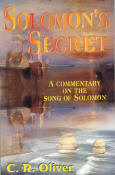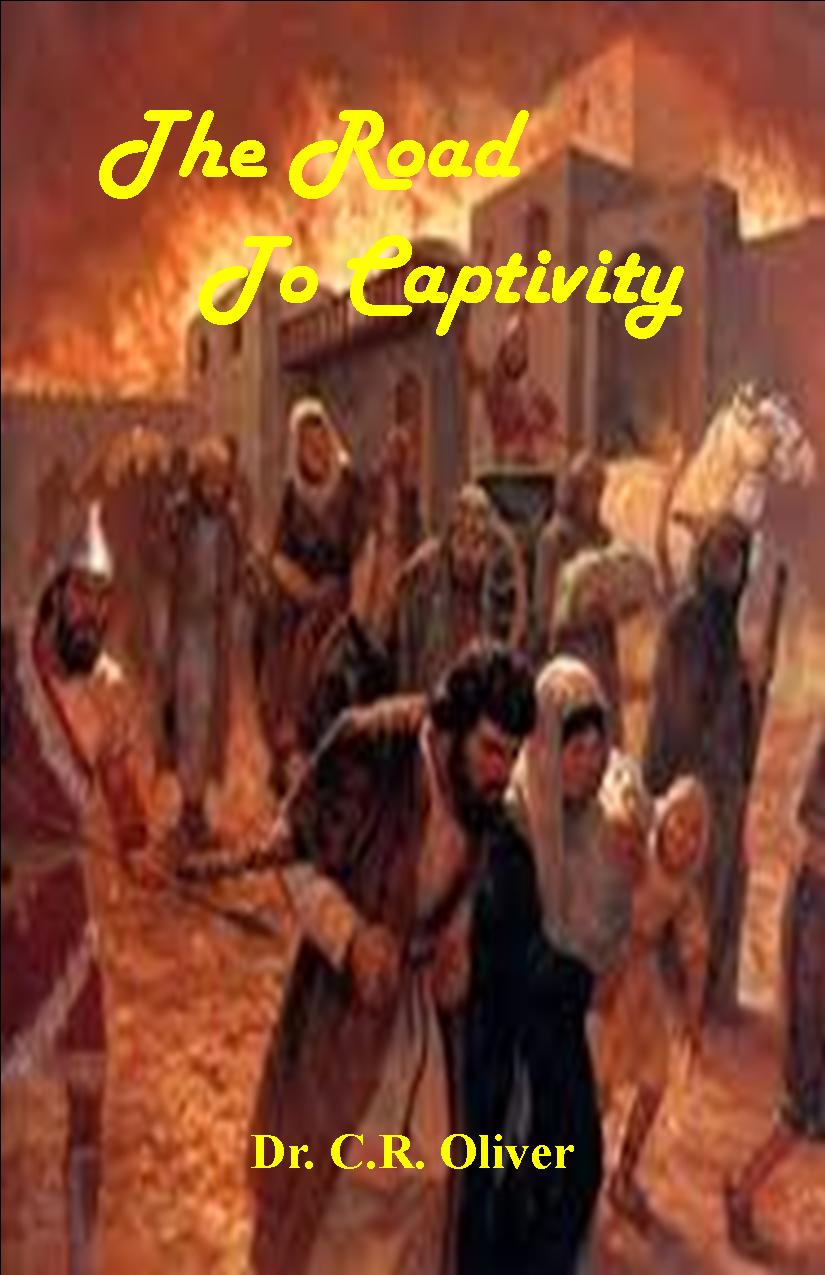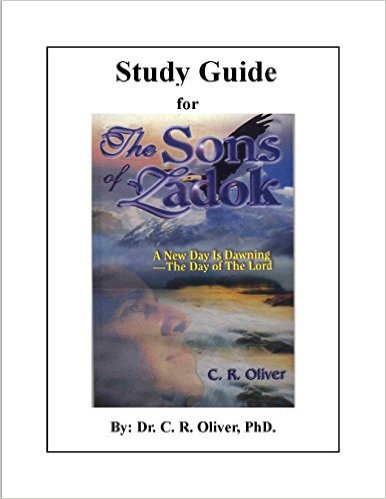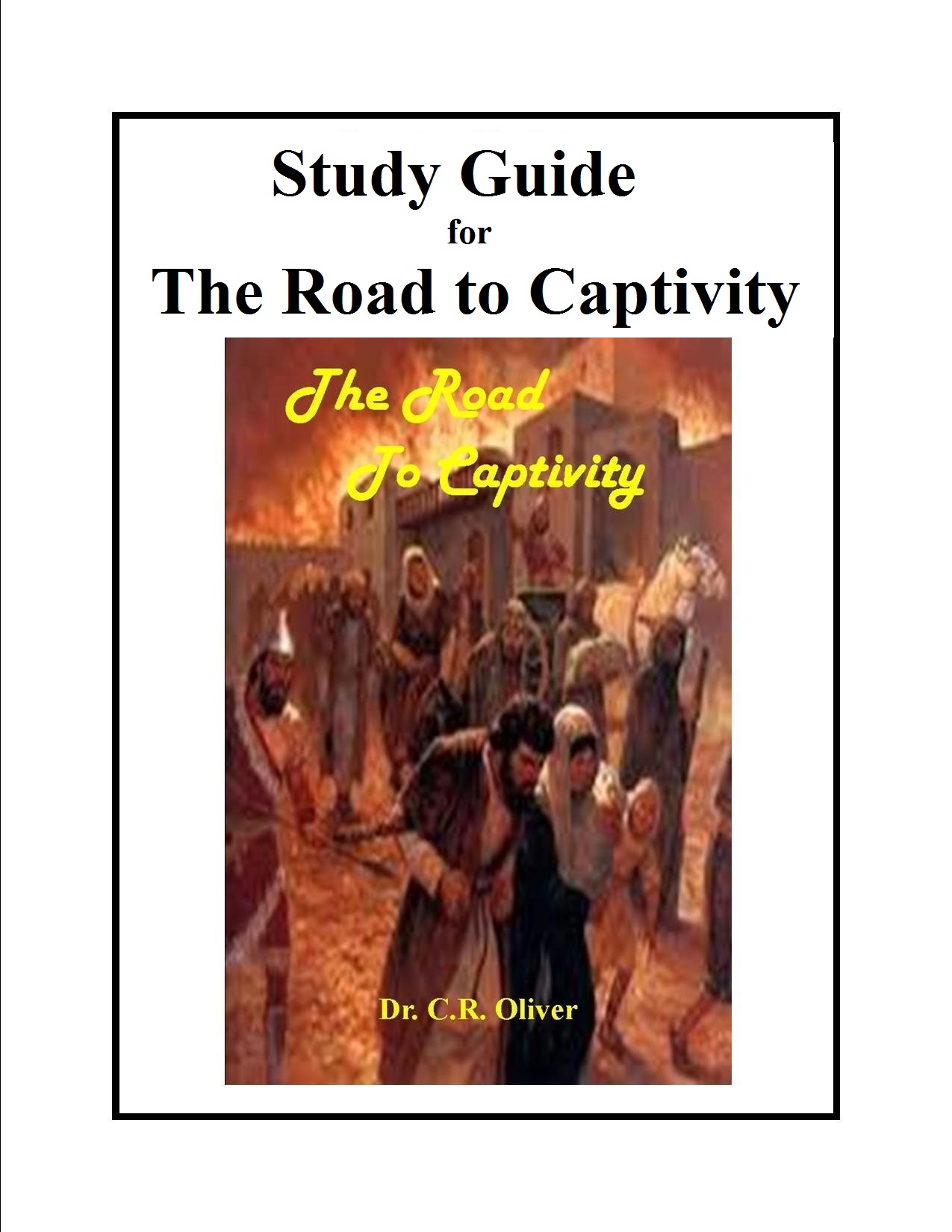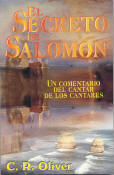"Studies of the Spirit in the New Testament Book of Acts"
ZADOK PUBLICATIONS - Dr. C. R. OLIVER
October 1, 2020

|
ZADOK PUBLICATIONS MONTHLY NEWSLETTER
October 1, 2020 "Studies of the Spirit in the New Testament - James, Galatians" You may watch this Newsletter in a video HERE.
Introduction: This study will now take a turn. Beginning with the book of James, the earliest text circulated among the early churches, we will then follow with Paul's book of Galatians. The reason behind taking the various books of the Bible in the order in which they were written is to be aware of the refining nature of their subject matter. In other words, to see what were the major issues being addressed over time and what the Spirit prompted the writers to cover. The book of James, written by Jesus' half-brother, has only one reference to the Spirit; however, that one reference is pivotal because everything before and after hinges on that verse. By taking the section we will cover, the factor of a "yearning" Spirit displays the nature of God in regard to His saints. James One major factor must be addressed; James is writing to Jewish Christians directly-so, his admonitions are to religious folks who are well versed in the Scriptures. These are covenant minded people. These are also seasoned traditionalists who are accustomed to the ways of the Temple (which needed cleansing) and Synagogues (with compromised adherents).
James cuts to the chase and with volley after volley he covers matters of the heart, mincing no words. Because he is acquainted with the ways of "sinning saints," he calls for repentance coupled with deeds to validate it.
Evidently, the early church had some very basic issues. However, the modern church is primarily guilty of the same issues. Christianity has plenty of examples of compromise and accommodation theology. James' conclusions are super applicable today. The double mindedness of the Jewish Christians has found its way into the current church. James' thesis is simple: "The saint is to be holy and dutiful and these two elements lead to a full life without conflict with God's plan." The Holy Spirit is yearning today for His rightful place in the believer's heart and life. Focus on chapter 4 and verse 5 and the word "yearns." To understand the intensity of that word is to realize how greatly God wants a "sinless saint."
James enumerates those things in a person's life which war against the Spirit. He also tells his readers God has more than enough grace to forgive and bring a person back to a right standing with the Spirit. James points out the Spirit yearns and often is grieved by the believer's actions. James says over and again the believer must give God first place and allow the Spirit to have His rightful place in the saint's life. The Spirit yearns to have pre-eminence in our worship. He yearns to have dominance in the believer's life actions. He yearns to take us to places in Christ deeper than man can comprehend, but He is hindered by all of the factors covered in this book. If ever there is a time in history for the message of James to be heard, it is now. His emphasis on the soon return of the Lord Jesus and the great necessity to rid all matters that hinder the Spirit in one's life is tantamount. James allows no excuse to stand-it is now or never! Galatians Following James (44,45 AD), the book of Galatians (49 AD) became the second epistle to be circulated among the early churches. Of course, Matthew was already published in 40 AD pre-dating both. There are seventeen separate references to the Spirit in this mighty epistle. This means the congregations had already developed a deep understanding of the work of the Spirit among them. Paul set the stage in the first two chapters of Galatians for what he planned to say in the balance of the book. He gave a short version of his calling, his subsequent interaction with the Apostles (especially mentioning James and Peter) and a synopsis of the Gospel he preached among the Gentiles. Validating his gospel message through revelation, he challenged any other gospel being presented as false and misleading. In Chapter three, he bluntly accosts the Galatians' compromised gospel as being in contrast to the true word he preached among them. They were allowing Judaizers to influence them-imposing on the Gentiles their Jewish traditionalism. (Paul contrasted James' calling to work with Jewish converts and his own calling to work with Gentiles.) Because the Jerusalem Conference was held the following year (50AD), it seems reasonable that Galatians might well have precipitated the need for the Apostles to rule on what would be expected among Gentile converts.
Paul proffered three simple questions:
It is easy to see that Paul was emphasizing the baptism of the Holy Spirit as being the evidence of God's enduement of power upon the Gentiles. Wherever the book of Acts attested Gentile inclusion into the church, it was always characterized as, "Those who received the Holy Spirit just as happened to us." This is why Paul's three questions were so important, especially number three. When Paul's rhetorical questions were answered correctly, they opened the door of correction-just like Peter was set straight, the Galatians stood to be corrected.
Even today, various Messianic groups seek to impose Judaic customs on believers. Sabbaths, feasts, circumcision, even Rabbinical Talmudic teachings, which, having the knowledge of such often distracts from the Gospel. Most of the time in these latter-day groups, there is little evidence of the presence and power of the Spirit. Paul carried his proof example back to the "Abrahamic blessing," claiming it predated the giving of the Mosaic Law and actually provided for Gentile inclusion.
Powerfully, Paul drove home the fact that Jesus "was born under the law," in order to redeem and present us as sons through Him.
Because these are deep issues, Paul labored to make sure the Galatian Christians understood how important the place of the Spirit is in all areas.
"Estranged" is a terrible condition to occupy.
What an indictment is Galatians 5:4, "you are fallen from grace." Recognizing man's impossibility of fulfilling the Law, Jesus opened to door for Grace; the Galatians had tasted of this grace, but now sought justification through the Law. Adding Law to the grace formula had caused them to err. (Could anyone in the modern church be fallen from grace?)
(There is a battle going on today among believers, as the lust of the flesh is in conflict with the things of the Spirit. It is time for repentance and the crucifixion of the flesh.) Galatians Chapter five broaches two passages on which hangs much of what needs to be preached today. Ministers and their congregations may well identify more with the uncorrected Galatians than with those of the Spirit. In Galatians 5:5, Paul declared he identified with the Spirit ("we through the Spirit."). Then in Galatians 5:16 -18, the Apostle shows his dependence on walking in the Spirit and being led by the Spirit. A war is being waged between the Spirit and the flesh. The lusts of the flesh are battling to occupy the territory of the Spirit. This battle is intensifying during these days when flesh dominates the hearts and minds of so many. After Paul enumerated the deeds of the flesh, he hurried to promote the fruits of the Spirit.
The final Spirit passage in Galatians contains a moral absolute. The culture of the Twenty-first Century is moral relativism.
Aside from taking passages from Galatians for sermon material, it would be better for ministers to preach the entire book and garner a total picture of the issues of Paul's day. When he penned this epistle, there was nothing like it circulating among the newly formed churches. They did not possess a New Testament with which to turn and relate to. When Paul makes an assertion about not losing heart, the church no doubt fielded much persecution and this epistle was needed edification. Until next month, Dr. Cosby R. Oliver, PhD. |
WORD FOR TODAY:
Fr. James Altman: You cannot be Catholic & a Democrat. Period:
|
Father James Altman calls out the hypocrisies of Church hierarchy and their destructive leftist politicization of the Catholic Church that has slapped faithful Catholics in the face and led many others astray. Altman also explains the basis of human nature and our purpose in life. 
You may watch this YouTube Video HERE.
|
Dr. OLIVER'S BOOKS ARE NOW AVAILABLE FOR THE KINDLE ON AMAZON.COM AND FOR THE NOOK AT BARNES & NOBLE!
Paperback volumes may still be ordered through our website.
To see the currently available books from Amazon, click on the cover images below.
In Spanish:
In German:
To see the currently available books from Barnes & Noble, click on the cover images below.
In Spanish:
In German:
To subscribe to this newsletter, please complete the following form and click "Subscribe". A confirming email will then be sent to your email address.



